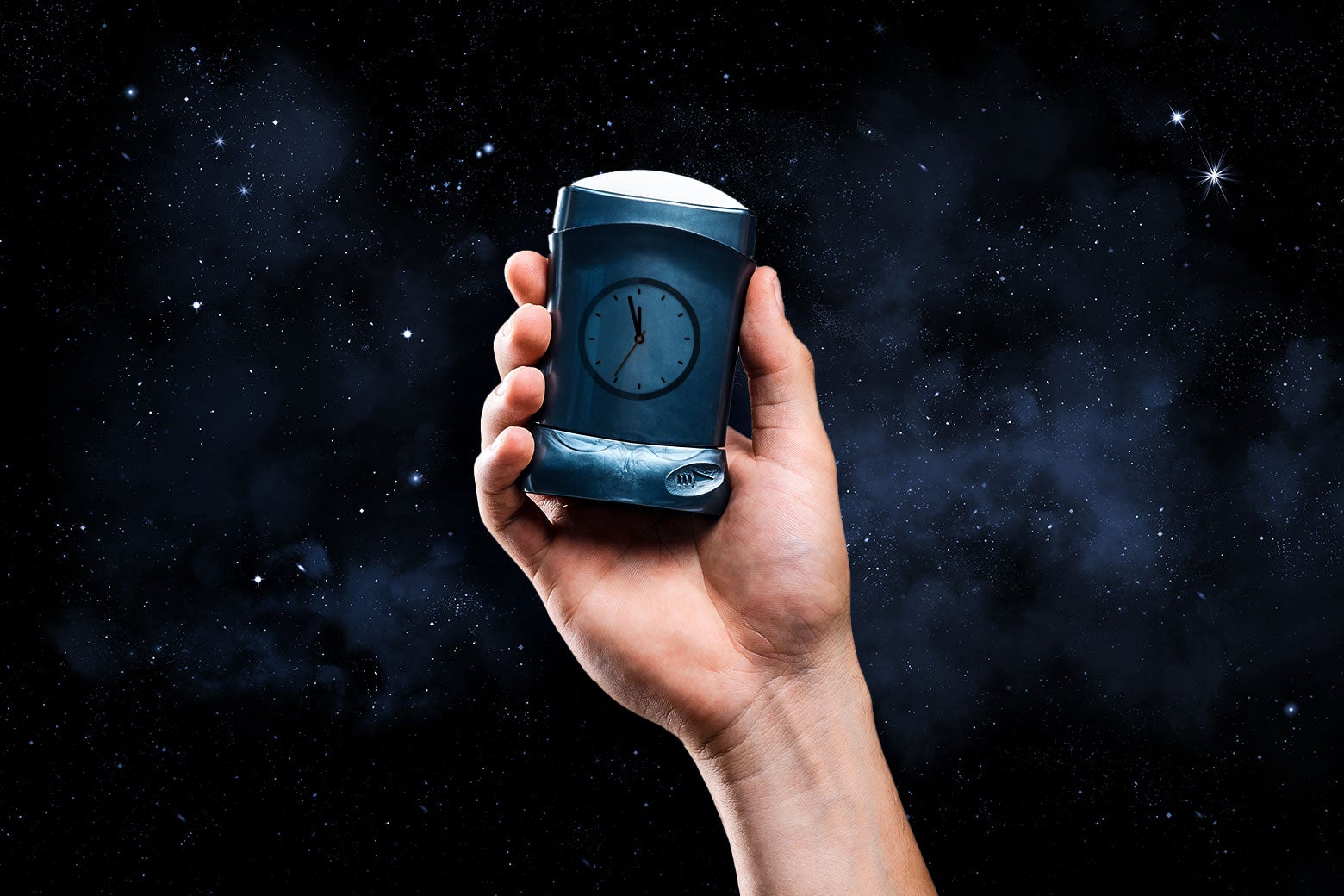
Should You Really Apply Antiperspirant Before Bed?
Reading Time: 3 minutesWhy Your Antiperspirant Might Not Be Working That Well, The aluminum needs time to form a plug, and that works best when your armpits will be dry for a bit., When is the right time to apply antiperspirant? It may depend on your other habits.
This is Explainer, a column that answers questions we all have (or should have).
If it feels as if your Secret or Axe isn’t working all that well these days, it might not just be that it’s been a record-hot summer. The timing of when you use products to combat underarm sweat and smell makes a difference in how well they work, according to dermatologists.
First, let’s get our jargon straight. Many people use the terms deodorant and antiperspirant interchangeably. ‘They’re very different,’ says Nina Botto, an associate professor of dermatology at the University of California, San Francisco. Deodorant covers up smells created by the bacteria that feed on sweat (which is itself odorless), while antiperspirants aim to halt the sweating altogether.
Aluminum chlorohydrate, the active ingredient found in most antiperspirants, forms plugs in the sweat glands just below the skin’s surface and temporarily blocks them from releasing moisture. And this process just works better when your armpits are drier to start with. As such, the official recommendation from the American Academy of Dermatology is to apply antiperspirants before bed.
‘You usually have less sweating happening at night,’ says Botto. This makes it easier for the product to permeate your skin. The antiperspirant effect typically lasts a day, Botto adds. And it can withstand your morning shower, unless you are really scrubbing, says Michelle Wong, a cosmetic chemist based in Sydney, as the plug swells up a little bit in the gland.
That said, there isn’t very much research into the question of when, exactly, to apply antiperspirants. What we do have actually suggests that for the highest effectiveness, you should actually apply it morning and night. A 2004 study compared various application regimens of antiperspirants. Sixty participants were divided into three groups: The first group applied antiperspirant in the morning, the second group in the morning and evening, and the third group only in the evening. At the end of 10 days, those who’d applied antiperspirant twice a day saw the best results. The authors wrote, ‘Heavy sweaters, or those with clinical hyperhydrosis, may benefit from twice per day application of commercial antiperspirants.’ There haven’t been any studies since then that have examined the right time to apply antiperspirants.
Wong has a slightly different take on the question of antiperspirant timing. Not everyone sweats less at night, she points out—and not everyone wakes up, showers, and then starts moving around and getting hot and sweaty. Wong’s advice on when to apply the stuff: ‘I would just say put it on right before you’re not going to sweat for a while.’
For deodorants, the calculus is a little different. These contain antimicrobial agents and inhibit the growth of the bacteria that feed on sweat. These agents aren’t foolproof, so fragrance in the deodorant masks any body odor that does form. The fragrance from the deodorant is going to be strongest when you first apply it, says Wong. The fragrance works when the deodorant particles evaporate and make their way to the nose, she explains.
Many products claim to possess the properties of both deodorants and antiperspirants. For combination products, you have to choose between which effect you want to be stronger, the sweat-blocking plug or the deodorizing fragrance, says Shari Lipner, an associate professor of clinical dermatology at Weill Cornell Medicine. Alternatively, one can also choose to apply them twice a day, she suggests.
Be wary of fragrance products that are labeled ‘aluminum-free’ and claim to offer the benefits of antiperspirant. Magnesium hydroxide is the main ingredient in these products, says Botto. Many consumers worry about the health effects of aluminum in antiperspirants. (It’s perfectly safe.) And magnesium hydroxide doesn’t block sweat glands the way aluminum does.
But otherwise, if you’re wondering why your aluminum-containing antiperspirant doesn’t seem to be working, try using it at night (or another time when you won’t be sweating for a while). It just might be the trick to getting dry pits.
Have a question that Explainer should tackle? Ask us here.
Reference: https://slate.com/technology/2023/08/antiperspirant-deodorant-when-to-apply.html
Ref: slate
MediaDownloader.net -> Free Online Video Downloader, Download Any Video From YouTube, VK, Vimeo, Twitter, Twitch, Tumblr, Tiktok, Telegram, TED, Streamable, Soundcloud, Snapchat, Share, Rumble, Reddit, PuhuTV, Pinterest, Periscope, Ok.ru, MxTakatak, Mixcloud, Mashable, LinkedIn, Likee, Kwai, Izlesene, Instagram, Imgur, IMDB, Ifunny, Gaana, Flickr, Febspot, Facebook, ESPN, Douyin, Dailymotion, Buzzfeed, BluTV, Blogger, Bitchute, Bilibili, Bandcamp, Akıllı, 9GAG